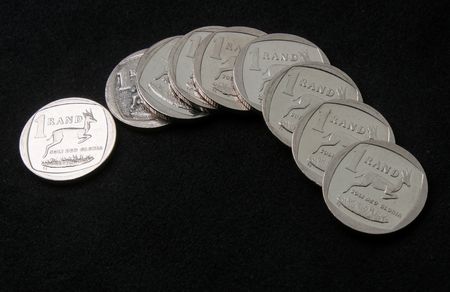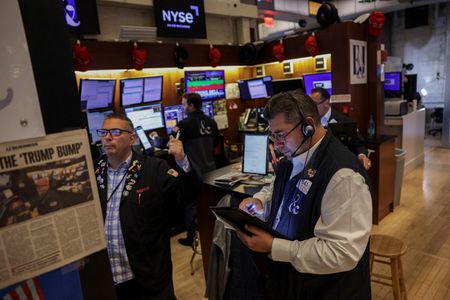By Stephanie Kelly
NEW YORK (Reuters) -Oil prices rose over 2% on Friday as the International Energy Agency said the market was tighter than it appears, while U.S. tariffs and possible further sanctions on Russia were also in focus.
Brent crude futures settled up $1.72, or 2.5%, at $70.36 a barrel. U.S. West Texas Intermediate crude gained $1.88, or 2.8%, to $68.45 a barrel.
For the week, Brent rose 3%, while WTI had a weekly gain of around 2.2%.
The IEA said the global oil market may be tighter than it appears, with demand supported by peak summer refinery runs to meet travel and power generation.
Front-month September Brent contracts were trading at about a $1.20 premium to October futures.
“The market is starting to realize that supplies are tight,” said Phil Flynn, senior analyst with Price Futures Group.
U.S. energy firms this week cut the number of oil and natural gas rigs operating for an 11th straight week, energy services firm Baker Hughes said. The last time that happened was July 2020, when the COVID-19 pandemic cut demand for fuel.
Short-term market tightness notwithstanding, the IEA boosted its forecast for supply growth this year, while trimming its outlook for growth in demand, implying a market in surplus.
“OPEC+ will quickly and significantly turn up the oil tap. There is a threat of significant oversupply. In the short term, however, oil prices remain supported,” Commerzbank analysts said. OPEC+ is the Organization of the Petroleum Exporting Countries plus allies including Russia.
Further adding support to the short-term price outlook, Russian Deputy Prime Minister Alexander Novak said Russia will compensate for overproduction against its OPEC+ quota this year in the August-September period.
Another sign of robust short-term demand was the prospect of Saudi Arabia shipping about 51 million barrels of crude oil in August to China, the biggest such shipment in more than two years.
On a longer-term basis, however, OPEC cut its forecasts for global oil demand in the 2026-2029 period because of slowing Chinese demand in its 2025 World Oil Outlook, published on Thursday.
Saudi Arabia’s energy ministry said on Friday the kingdom had been fully compliant with its voluntary OPEC+ output target.
On Thursday, both benchmark futures contracts lost more than 2% as investors worried about the impact of U.S. President Donald Trump’s tariffs on global economic growth and oil demand.
Trump told NBC News on Thursday that he will make a “major statement” on Russia on Monday, without elaborating.
Trump has expressed frustration with Russian President Vladimir Putin due to the lack of progress in ending the war in Ukraine and Russia’s intensifying bombardment of Ukrainian cities.
The European Commission is set to propose a floating Russian oil price cap this week as part of a new draft sanctions package, but Russia said it has “good experience” of tackling and minimizing such challenges.
(Reporting by Stephanie Kelly in New York, Robert Harvey in London, Colleen Howe in Beijing and Siyi Liu in Singapore; Editing by Edwina Gibbs, Mark Potter, Elaine Hardcastle, Paul Simao, Kevin Liffey and David Gregorio)







